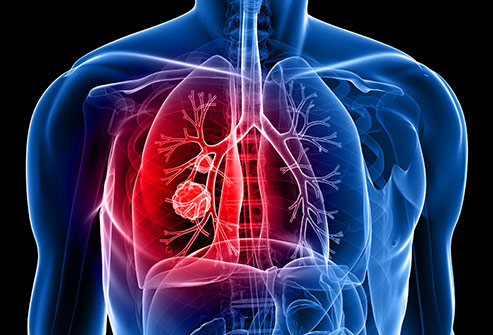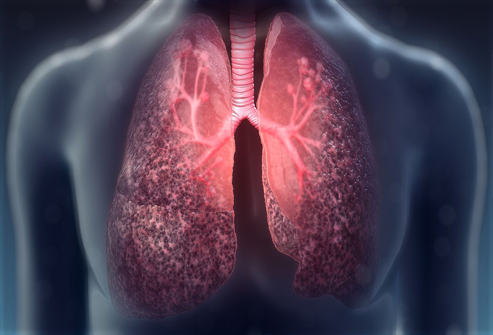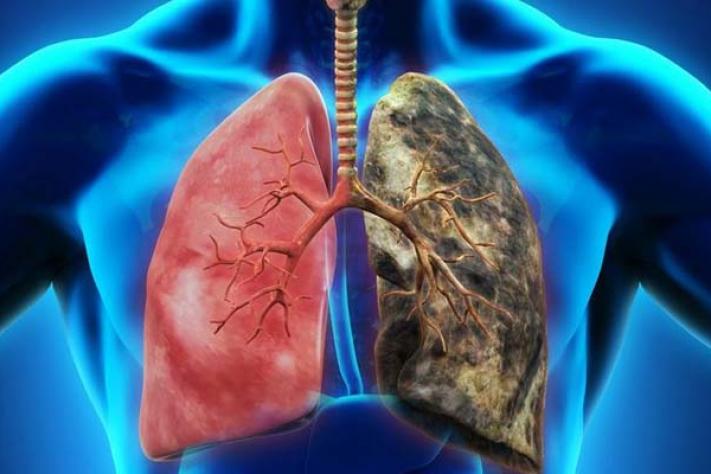Pulmonary Diseases
Pulmonary diseases also known as respiratory diseases affects the lungs and other parts of the respirational system. They are usually caused by smoking or exposure to tobacco smoke, air pollution, infectious diseases and genetic conditions.
The most common pulmonary diseases are Chronic Obstructive Pulmonary Disease (COPD), Asthma, Bronchitis, Cystic Fibrosis, Lung Cancer, Pneumonia, Tuberculosis, Pulmonary Edema, Emphysema, Acute Respiratory Distress Syndrome, and Pulmonary Hypertension.
Some of the common symptoms of pulmonary diseases include difficulty in breathing, severe cough, chest pain, breathing noisily, chronic mucus and blood in cough. If you are experiencing any of these symptoms, than it’s the right time to consult a pulmonary specialist immediately.







